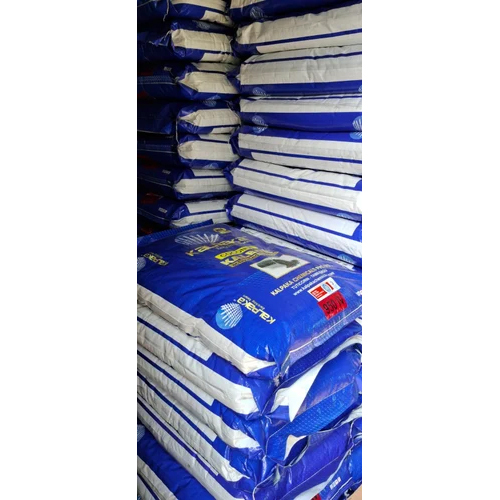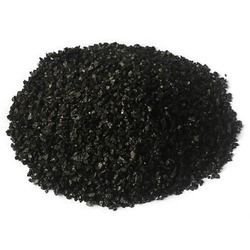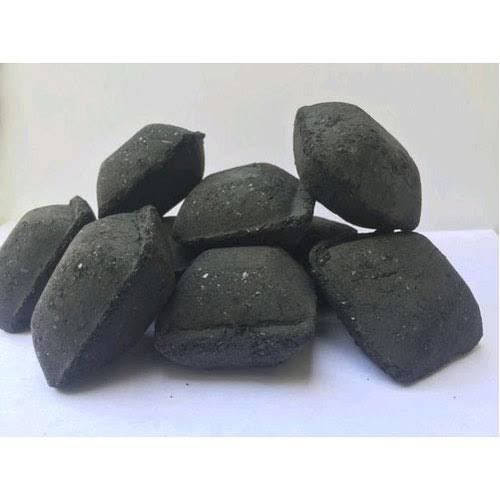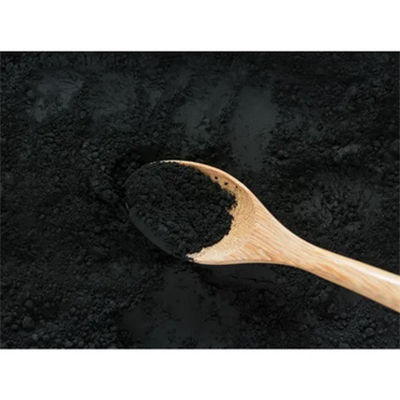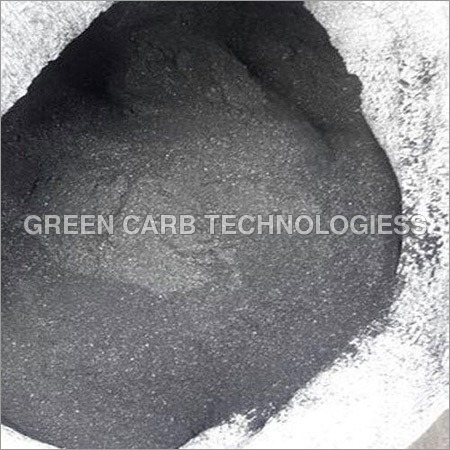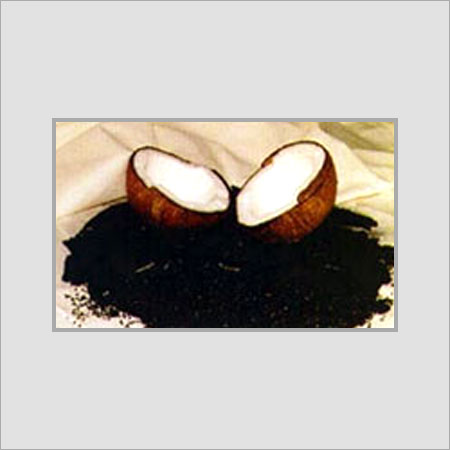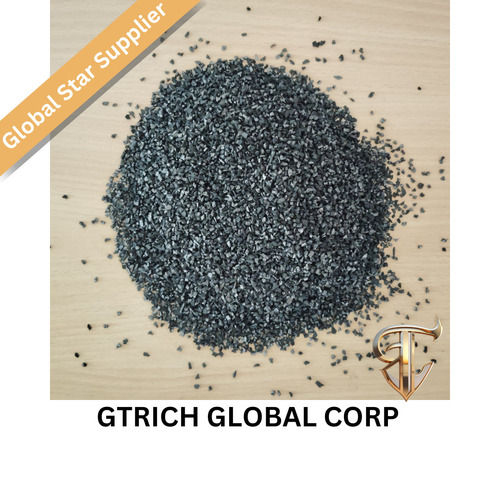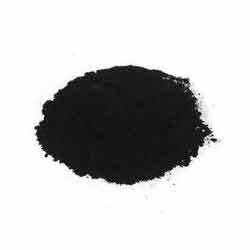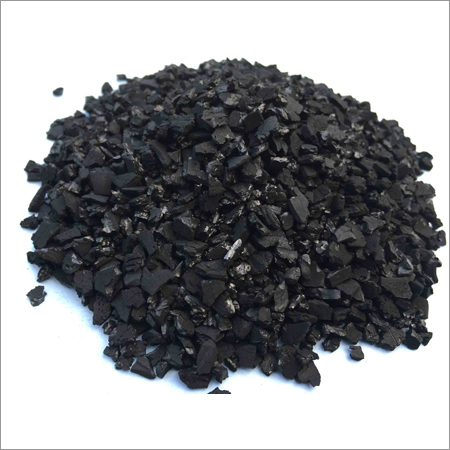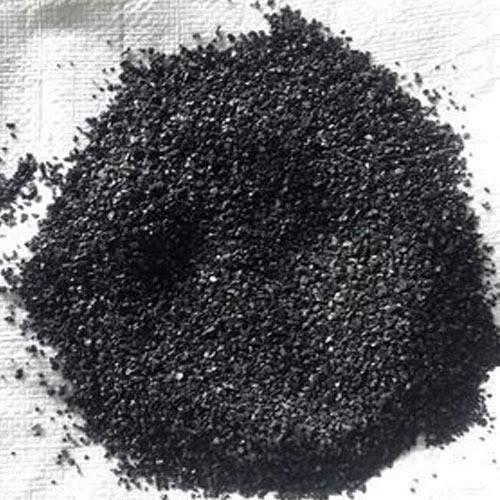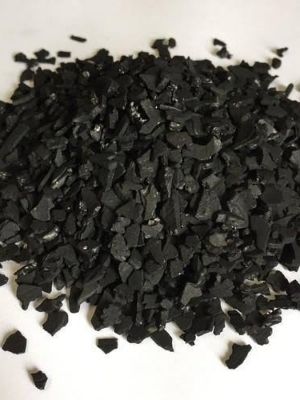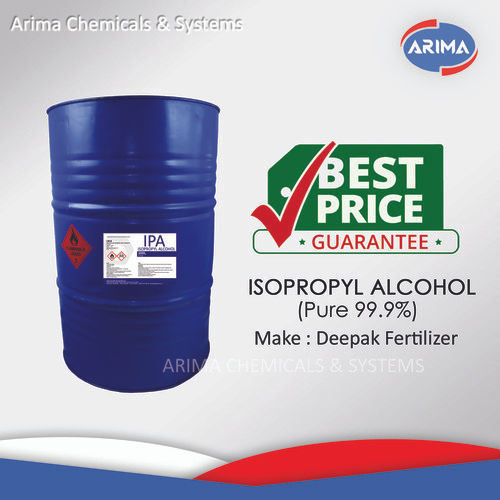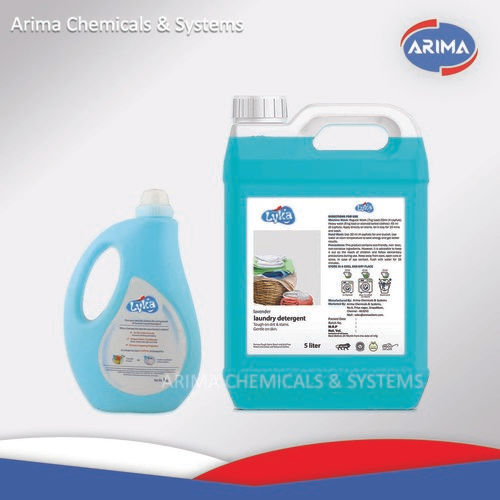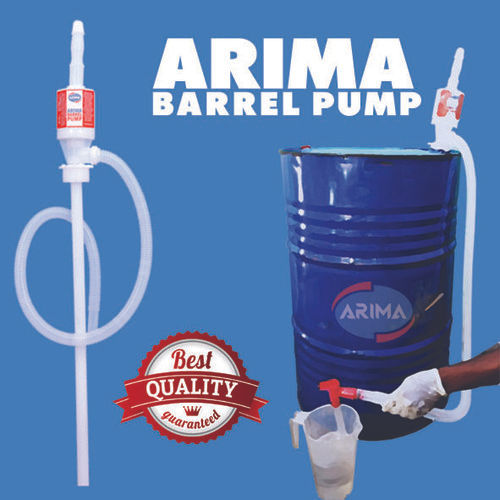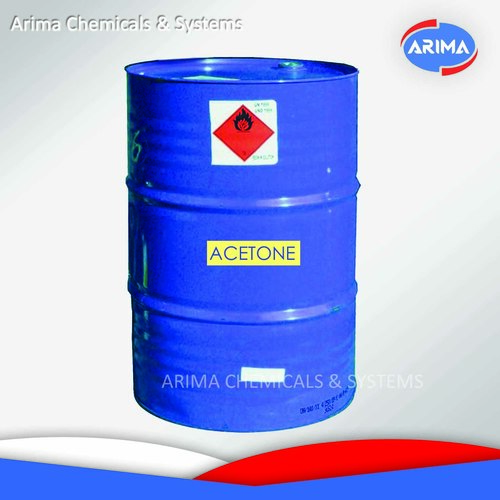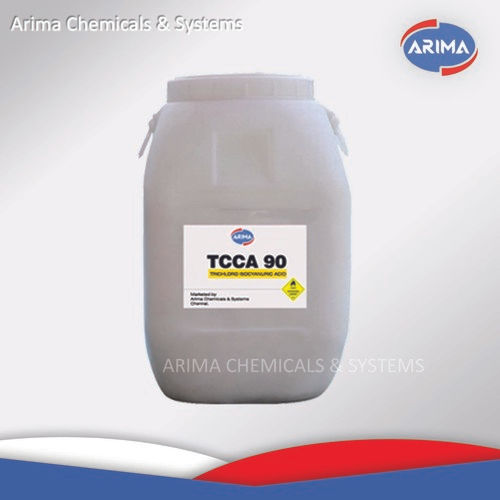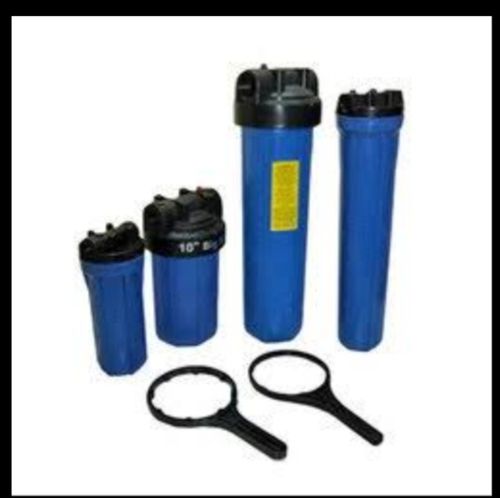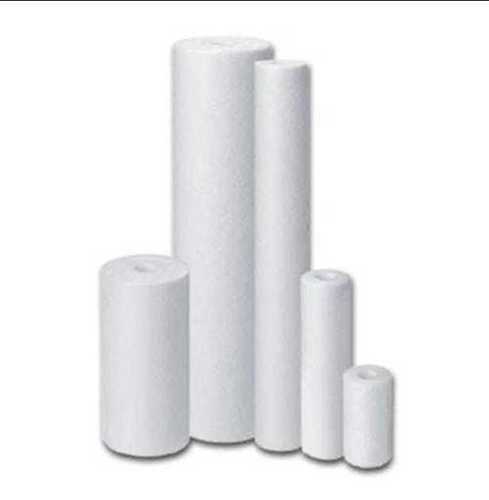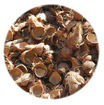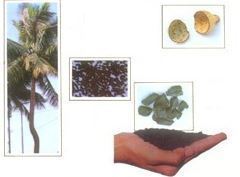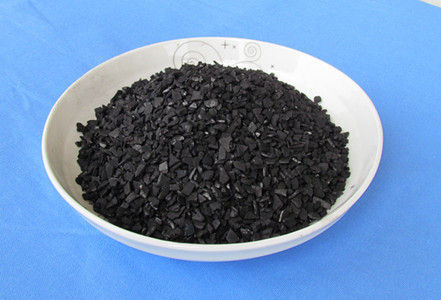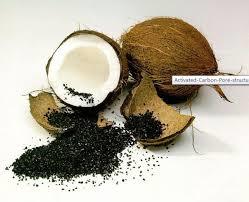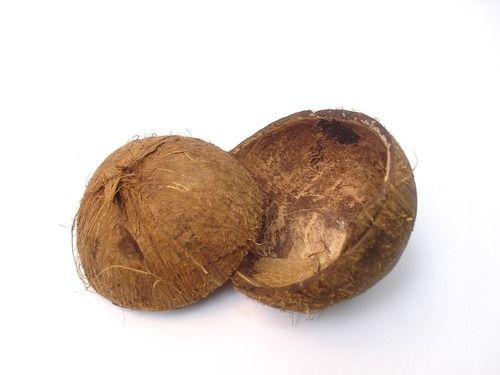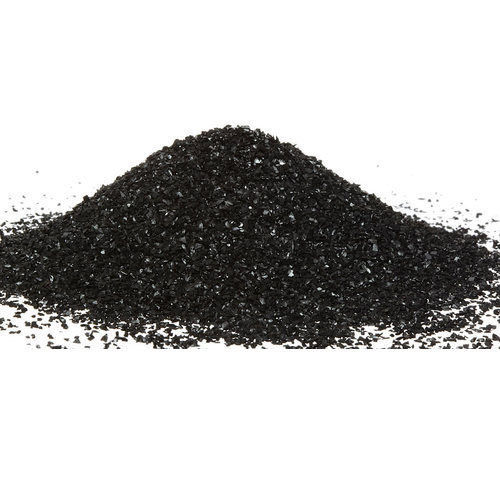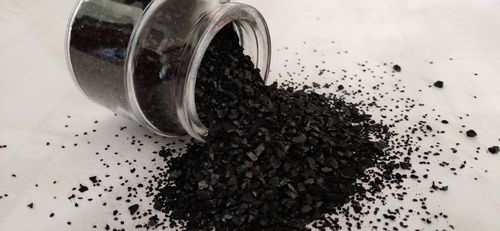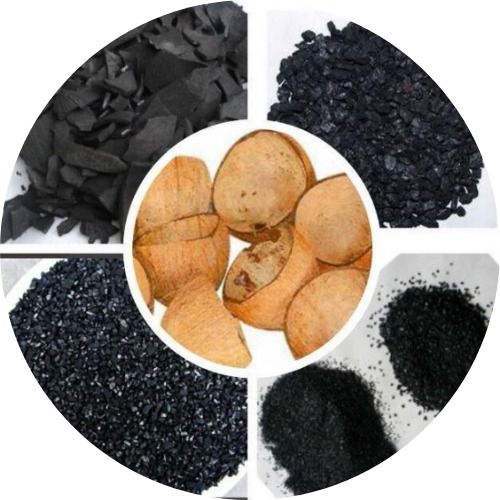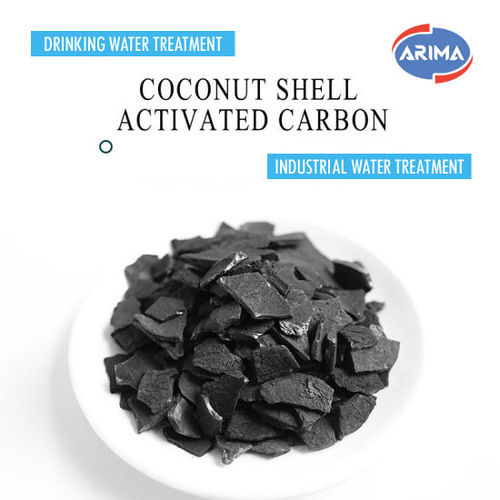
Coconut Shell Activated Carbon - Black, Water Treatment Charcoal , High Porosity For Organic Chemical Adsorption, Eco-friendly Filtration Solution
Price: 140.00 INR / Kilograms
(140.00 INR + 0% GST)
Get Latest Price
Minimum Pack Size :
1
In Stock
Product Specifications
| Color | Black |
| Type | Coconut Shell Charcoal |
| Physical Form | Other |
| Usage | Water Treatment |
| Payment Terms | Cash in Advance (CID) |
| Supply Ability | 5000 Per Day |
| Delivery Time | 1 Days |
| Main Export Market(s) | Asia |
| Main Domestic Market | All India |
| Mop | 1 |
| Price Type | fixed |
| Unit Type | Piece/Pieces |
| Moq | 1 |
| Returnable | No |
| Brand Name | ARIMA |
| Price | 140.00 INR (Approx.) |
| Currency | INR |
| Product Unit | 1 Piece/Pieces |
| Color | Black |
| Stock Quantity | 5 |
| Minimum Ordered Packs | 1 |
| Minimum Order Quantity | 1 |
| GSTIN | 0% |
Product Overview
Key Features
It is a renewable source of carbon.
A coconut tree grows throughout the year and is harvested at least 3-4 times a year.
A coconut tree can be preserved for several years.
It improves the taste of drinking water
It improves the appearance of water.
It removes halogens from the water.
It adsorbs any herbicides or pesticides present in the water.
It adsorbs any VOCs, e.g., formaldehyde, tetrachloroethylene, methylene chloride.
With it being a relatively cheaper, easier to source and convenient source of producing activated carbon, coconut shells are highly valuable and useful when looking to get a water purification system for your home or your community. Through using a coconut shell charcoal filter, the PH level of the water also improves, as groundwater is slightly acidic. Moreover, the importance of consuming clean water is directly proportional to preventing diseases, thus the importance of filtering water has become a major cause of concern.
Either in a powdered or block form, industries across the whole globe make use of activated carbon filters to gain access to clean water. Be it the food industry, the pharmaceutical, the automobile, the smelting, or the wastewater treatment industry, each of them relies on using activated carbon for adsorbing contaminants. Hence, through their high porosity and large surface area, coconut shells based activated carbon is the most efficient in organic chemical adsorption, when compared to other types of activated carbons.
An Ecological Route for Water Purification
The world, as we know, is fast running out of its resources, as wea re overly dependent on fossil-fuels and are exhausting our resources, for the various industries wea re building and setting up across the world.
Pursuing this endeavor, you can opt for an ecologically-viable solution for your water purification system, through using coconut shell based activated charcoal. Not only is this a sustainable and universally-compatible option with no zero impact, but it is also highly effective in carrying out its filtration, with you seeing instant results, through the improved taste of water, improved visual clarity, and no odor present within the water. That said, get one for yourself to start using water that isna t chemically treated.
Company Details
Arima Chemicals & Systems, one of the leading supplier of Water treatment Chemicals, Industrial Chemicals and Cleaning Chemicals. And we are one of the best service provider for Commercial RO Water treatment plant.
Business Type
Exporter, Manufacturer, Supplier, Trading Company
Employee Count
15
Establishment
2020
Working Days
Monday To Sunday
GST NO
33BIIPR3567G1Z1
Certification
ISO 9001 : 2015
Related Products
Explore Related Categories
More Product From This seller
Seller Details

GST - 33BIIPR3567G1Z1
Chennai, Tamil Nadu

Accepts only Domestic inquiries
Proprietor
Arima Raghavan
Members since
5 Years
Address
No 32, Priya Nagar First Street, Urapakkam, Chennai, Tamil Nadu, 603210, India
Report incorrect details
